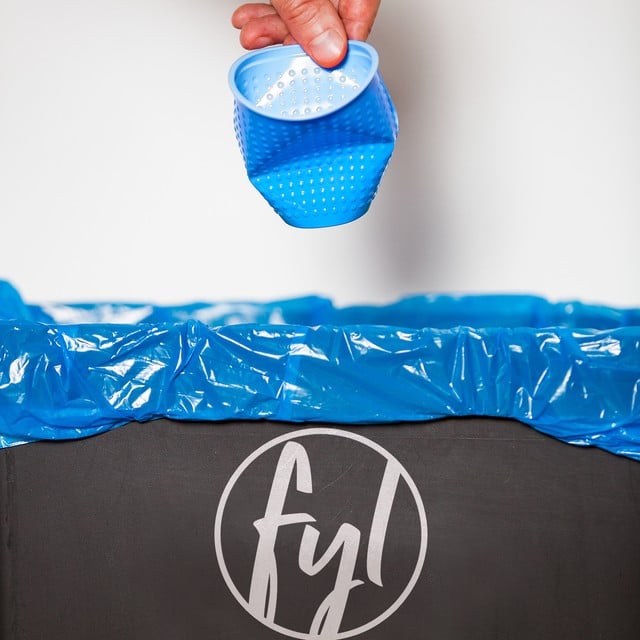Did you know an estimated 7.3 million tonnes of food is wasted per year in Australia? What is worse is that of that figure, 2.5 million or approximately 34% is food wasted in our homes (Department of Agriculture, 2019). That’s a huge figure and according to the Australian Government’s ‘Roadmap for reducing Australia’s food waste by half by 2030’. Household waste makes up the largest portion of rubbish filling our landfill and sewage systems.
So, who is to blame? Well, according to Food Waste, the biggest wasters of food are households with incomes of more than $100,000, families with children and young consumers. Whilst we are all responsible for the wasted food, it is safe to say that there is one common denominator in all three of these demographics. Time.
If you’re a busy executive or a mum with kids and you think you are too “time poor” to consider how your food waste impacts your wallet and the world, listen up.
According to Ozharvest, we are responsible for approximately $3,800 of food (or 1 in 5 grocery bags) wasted per household, per year. So, aside from that pretty penny living in your pocket, rather than down the sink… why should we all be reducing our food waste?
Let’s look at the facts!
Why Should We All Reduce Our Food Waste?
Well, aside from the $3,800 worth of food you could be saving money on, there are several very important reasons that we should all be considering food waste. Not only does food waste contribute to approximately 8% of greenhouse gasses, but there are also around 710,000 people in Australia who are currently relying on food donations. Imagine what you could do with your weekly food waste if you were able to donate it to a person in need. You could change a life or even a whole family of lives.
On top of that, minimising waste could see:
- Decreased methane emissions from disposing of food wastage in landfill
- Reduced pollution involved in the process of growing, manufacturing, distributing and selling food
- More food donated to local communities
Do you still think that you’re too busy to consider your food waste? If not, read on.
How Can We Reduce Food Waste?
Okay, so now you know how food waste is directly impacting your life. But, what can you do to reduce waste in the home?
Here are some of our top tips:
- Plan! Create shopping lists and only buy what you need.
- Check your fridge/cupboard before you go shopping (to avoid doubling up)
- Freeze leftovers, extra produce and foods such as bread or meat.
- Get creative in the kitchen. Create a meal out of food outside its prime and with whatever you’ve got in your cupboard.
- Store fruit, vegetables and other perishables in appropriate stores in or out of the fridge
- Donate excess food products to local food banks
- Regularly assess your fridge and cupboard for products which are close to their use-by dates.
Luckily, The United States Environmental Protection has an awesome resource that gives an in-depth breakdown of how you can reduce your food waste. Check it out, here!
What Are Some of Our Favourite Ways to Use Up Food?
Okay so, now what do we, as dietitians, think you can do to reduce your waste? Here are our sneaky #FoodHacks to get you started!
- Freeze fruit and create cool smoothies on a hot day
- Use overripe bananas to create banana bread, cakes or banana pancakes (yum!)
- Juice fruit such as lemon and limes and place into freezer trays to create fruity ice cubes to add to drinks
- Stew apples or pears and serve with yoghurt
- Cook up a soup, stew or casserole out of extra veggies
- Add veggies to pasta sauces, curries and stir fry
- Create a quiche or frittata to use up eggs and veggies.
Ultimately, reducing food waste will not only benefit you and your wallet but also the environment and the world we live in! So, it really is a no brainer when it comes to taking part in reducing food waste.
If you’re interested in learning more about how you can reduce food waste in your home and talk all things food and nutrition, get in touch with one of our incredible Fuel Your Life Accredited Practising Dietitians today!








Good insights. Right now we all need to be conscious of our environment and people around us. Wastage is not a good thing especially the fact that we have people surviving on one meal a day.